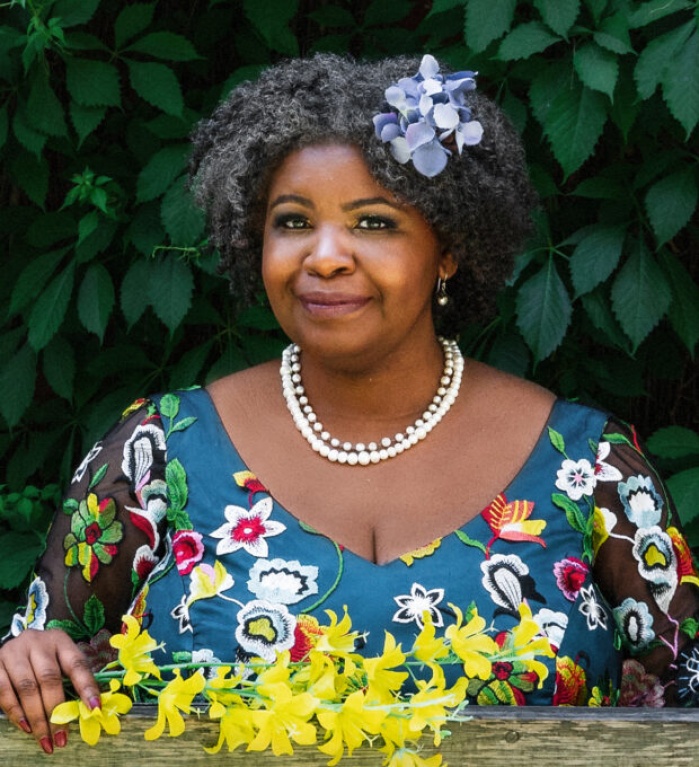Black History Month, as the name implies, is a time to reflect upon the legacy of Black people in all facets of life, which has long since been glossed over, or only acknowledged from the lens of anti-black oppression, within mainstream schools of history. Indeed, it’s important to know the past, because it informs our present and our future.
However, some scholars, anti-oppression activists and academic institutions with the support of their local Black communities, have suggested that equal recognition be given to Black Futures Month.The following article excerpt from Queen’s University’s Gazette in Kingston Ontario describes the proposed observance:
Black Histories and Futures Month is a relatively new approach to Black History Month. This new vision, introduced by Movement 4 Black Lives in 2015, facilitates the intentional action of looking at the past, acknowledging the struggles, and achievements, of Black communities, while promoting an equitable future, continued accomplishments, and a commitment to ongoing education.
Black Histories and Futures Month Celebrate Black Histories and Futures Month
By: Eddie Daniels
January 30, 2024
As I am writing this article from the perspective of a South Asian ally in the struggle for equity, I look to elevate what Black leaders and Black-led organizations have offered on the way forward to recognize the contributions and achievements of black people in every field. Many are currently calling, first and foremost, for support and upliftment of black people in our communities today and going forward.
In the spirit of that, I would like to bring attention to some individuals currently making great strides within and beyond their communities, in leadership roles within various fields:

Weyni Mengesha is a Canadian stage and film director known for her groundbreaking work and community engagement. In her current role as Artistic Director for Soulpepper Theatre in Toronto - Weyni is passionate about curating programming to ignite cultural conversations.
Mengesha has directed plays in Toronto, London, New York, and Los Angeles—earning her an NAACP nomination for Best Direction as well as nominations and awards for stage direction including Drama League (New York), Drama Critics Circle (Los Angeles) and Dora (Toronto).
Weyni is also a committed educator, mentor of new talent, and producer of youth arts initiatives. She was the co-director of the acclaimed A.M.Y. Project (Artists Mentoring Youth) from its inaugural showcase in 2005 until 2011—and continues to be a member of their advisory board. She also co-founded Sound the Horn in 2004, where she served as artistic director of the organization for seven years—providing a training and a performance platform to hundreds of young artists from Ethiopian and Eritrean communities across North America.
In 2018 Mengesha was named one of The 50 most influential Torontonians by Toronto Life magazine.
Larry Rousseau was first elected Executive Vice-President at the Canadian Labour Congress’ 28th Constitutional Convention, in May 2017, and was most recently re-elected to this position in June 2021.
Larry has a long history of trade union and political activism, particularly on issues like labour relations, health and safety, human rights, and equity. His involvement in the LGBTQ2SI, anti-racism and peace movements has been an integral part of his engagement and commitment to social justice.
Before serving at the CLC, Larry was the Regional Executive Vice-President of the Public Service Alliance of Canada’s National Capital Region, and the Regional Vice-President of their Union of National Employees.
Larry’s first experience in the labour movement was in the mail room of the Canadian Labour Congress, at the age of 18. Shortly thereafter, he was elected shop steward for the Office and Professional Employees International Union Local 225 (now COPE). He was subsequently hired at Statistics Canada, to which he remains committed to this day

Toronto-based R.T. Thorne is a versatile triple threat: he is a Director, producer, and screenwriter, focused on telling stories that break new ground representing the unrepresented. Known for his bold visual style, R.T. has directed for NBC, The CW, WBTV, Netflix, Disney, and Hulu. His episodic work has taken him to 3 continents, earning 3 Canadian Screen Award nominations, and a DGC nomination. R.T. is the Chair of the National BIPOC Members Committee for the Directors Guild of Canada.

Dr. Elizabeth (Dori) Tunstall is a design anthropologist, author, and organizational catalyst and executive coach with her company, Dori Tunstall, Inc.
A recognized leader in the decolonization of art and design education, she received the 2022 Sir Misha Black Award for Distinguished Service to Design Education as well as the inaugural BADG of Honour for Design Education from the Black Artists and Designers Guide.
With a global career, Dori served as the Dean of Design at Ontario College of Art and Design University in Canada, where she was the first Black and Black female dean of a faculty of design anywhere. She was an Associate Professor of Design Anthropology and Associate Dean at Swinburne University in Australia. She wrote the biweekly column Un-Design for The Conversation Australia. In the U.S., she taught at the University of Illinois at Chicago. Her work has been featured in Print magazine, Fast Company, AIGA’s Eye on Design, and Design Observer, among other venues.
–
Thank you for taking the time to read this piece. It’s important to remember that learning about contributions by Black leaders and activists in our communities is only a first step. Support and uplift Black people in your workplace and personal life. Get involved with committees at the component level and beyond which help advance initiatives aimed at supporting racialized people, as well as those that support members from all equity-seeking groups, so that any anti-racist work being done acknowledges people with intersecting identities.
And most importantly, don’t lose sight of an equitable future for all.
Bernadette D’Souza
CEIU Ontario - HRRR Representative
